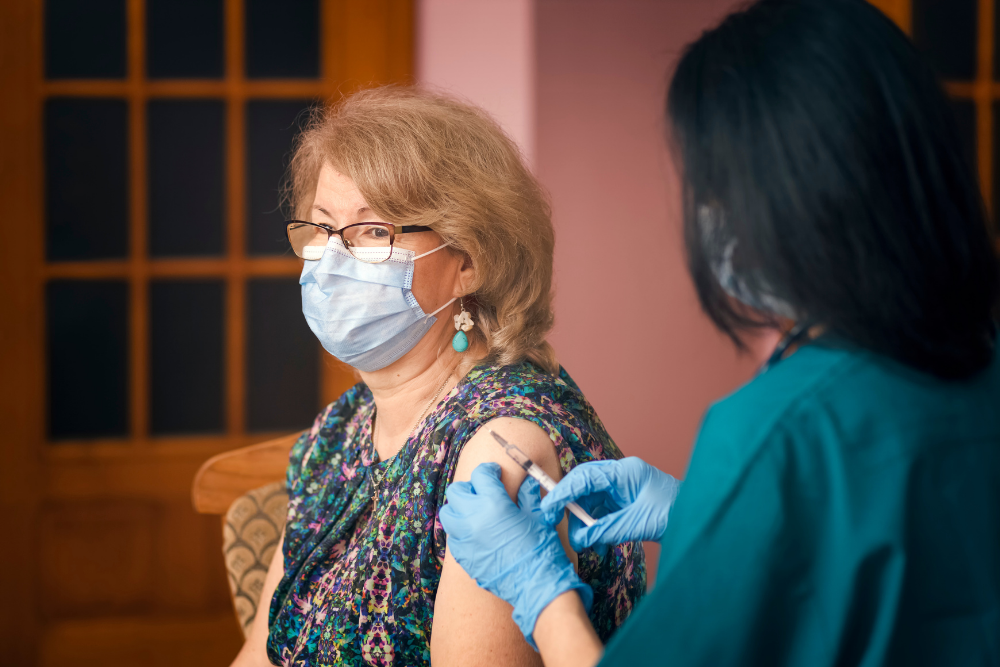 Health
Health
Israel a World Leader in Successful Vaccine Rollout
In mid-January 2021, Israel had one of the highest rates in the world of COVID-19 infection per capita. Fast-forward to today and the number of infections are less than a quarter of what they were in mid-January. Analysis showed the positive rate of infection from virus testing was at 1.3%, which is the lowest level it has been in Israel since June 2020. This amazing decline in COVID-19 cases is due to Israel's highly successful rollout of the Pfizer/BioNTech vaccine.
As on Wednesday the 10th of March, about 55% of Israel's population of 9 million people had received at least one dose of the vaccine, and 43% of people had received their second dose, which in Israel is given 3 weeks after the first. Israel is the first country in the world to vaccinate more than 50% of its population.
“We have crossed the 50% mark of all Israeli citizens vaccinated with the second dose,” Health Minister Yuli Edelstein tweeted. “Due to them, Israel is beating the coronavirus. All that remains is to follow the instructions so that the coronavirus does not return.”
Israel began the rollout of the vaccine in December 2020. The vaccine program has been done in collaboration with Pfizer/BioNTech, with Israel agreeing to monitor the results. So far it is looking extremely positive for Israel, and these results are encouraging for the rest of the world, with many countries starting to vaccinate their populations.
“The findings which suggest that the vaccine may also provide protection against asymptomatic Sars-CoV-2 infections are particularly meaningful as we look to disrupt the spread of the virus around the globe,” said Luis Jodar, the chief medical officer at Pfizer Vaccines.
There are many factors that contribute to the success Israel has had in distributing the vaccine quickly (sometimes vaccinating up to 154000 people in a single day) including small area and population size, it’s centralized system of government, the large capacity of Israel’s community based health care providers (the four health plans) and a tradition of effective cooperation between governments and those implanting healthcare. You can read a detailed report from the Israel Journal of Health Policy Research about factors that contributed to the successful rollout here: ijhpr.biomedcentral.com/articles/10.1186/s13584-021-00440-6
Israel has also introduced the “green passport” to motivate their population to immunize themselves. The phone app certifies that the owner has been fully immunized, and there are benefits available to them such as access to gyms, pools, events and other gatherings. This will hopefully encourage vaccination amongst more hesitant populations.
Thanks to the success of Israel’s vaccination efforts, the government now allows gatherings of up to 20 people in homes. This is a wonderful development, as it has allowed the community to celebrate Passover similarly to how they usually would. This is great cause for celebration, uniting families in what feels like a post-pandemic reality.
The way Israel delivered vaccines to it’s community is an inspiration to other countries still struggling with COVID-19 infections. As more and more countries reach vaccination levels matching Israel, we can start to see life return closer to normal.














